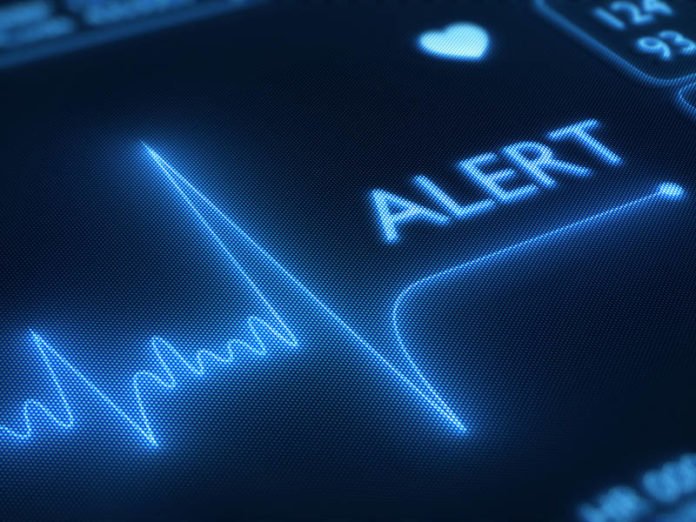Fear is a normal human reaction that protects us by signaling danger. It begins with a frightening stimulus and ends with your body preparing to protect itself from danger. It also applies to a human body. According to a new study by the Technical University of Munich (TUM), patients who suffered anxiety, are more likely to react to the symptoms of a heart attack.
People with anxiety disorder have irrational fears that are unrelated to any real danger. They are often apprehensive about everyday situations, which can put a heavy strain on their lives. The result can be an increased risk for cardiovascular diseases. But the study suggests that anxiety disorders can be advantageous when it comes to reacting to a heart attack.
Scientists volunteered 619 heart-attack patients. They also examined the data such as the time of arrival at the hospital and the course of the disease.
Almost 12 percent of the patients in the study had an anxiety disorder. It worked out that those patients responded all the more rapidly to an intense heart attack and touched emergency room sooner. The time distinction between female heart attack patients with and without anxiety disorder was specially set apart: by and large, the previous achieved a healing center 112 minutes after the beginning of a heart assault, while their partners without nervousness issue took around two hours long. Numerous scientific studies have demonstrated that each half hour is vital for survival following an intense myocardial dead tissue.
Scientists statistically demonstrated the defensive impact of uneasiness in ladies, not in Although, a positive pattern was likewise seen in men with anxiety disorder: they could be dealt with 48 minutes sooner by and large.
The study also the study also showed that the psychological costs of this survival advantage are high: patients with anxiety disorder suffer significantly more from stress, extreme fatigue and impaired general well-being than those without anxiety.
Professor Karl-Heinz Ladwig said, “Individuals with an anxiety disorder are at greater risk of having a heart attack but are more likely to survive it. Our data revealed an important factor. Individuals with the anxiety disorder often react more sensitively to their health needs.”
“Doctors should always take their concerns very seriously. Such patients are also more decisive when it comes to accepting help. In this way, one illness can help protect against another serious illness.”
The results appeared in the journal Clinical Research in Cardiology.
